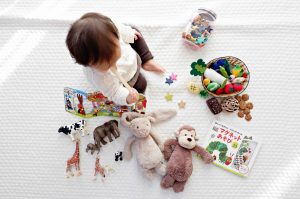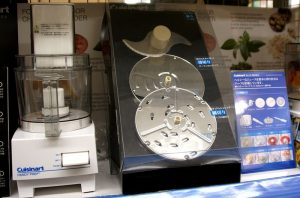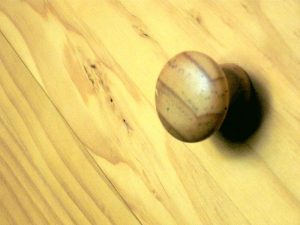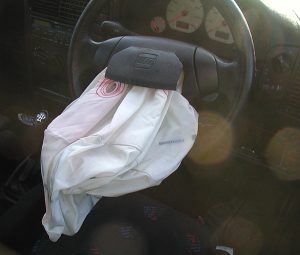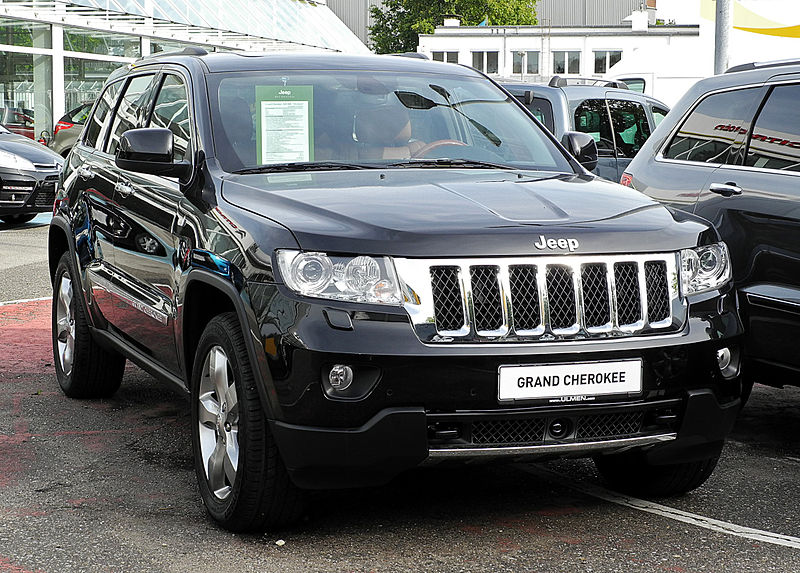 We are all familiar with product liability even if we do not necessarily recognize it by that name. In short, product liability means the idea that when we, as consumers, purchase a product and use it for its intended purpose, it is supposed to be safe and not cause us harm. While the idea itself seems simple, in reality it is not so straight-forward.
We are all familiar with product liability even if we do not necessarily recognize it by that name. In short, product liability means the idea that when we, as consumers, purchase a product and use it for its intended purpose, it is supposed to be safe and not cause us harm. While the idea itself seems simple, in reality it is not so straight-forward.
Product Liability in Law
At one point, consumers were not protected when they purchased a product. Most everyone has heard of the idea of caveat emptor, or “buyer beware.” This is the idea that if you bought a product and it malfunctioned or caused harm, you were stuck with the results. Law constantly evolves and as time has passed, the idea that manufacturers and those who sell the goods should be held liable when consumers are hurt by the products they have purchased has come into being.
 San Francisco Injury Lawyer Blog
San Francisco Injury Lawyer Blog


